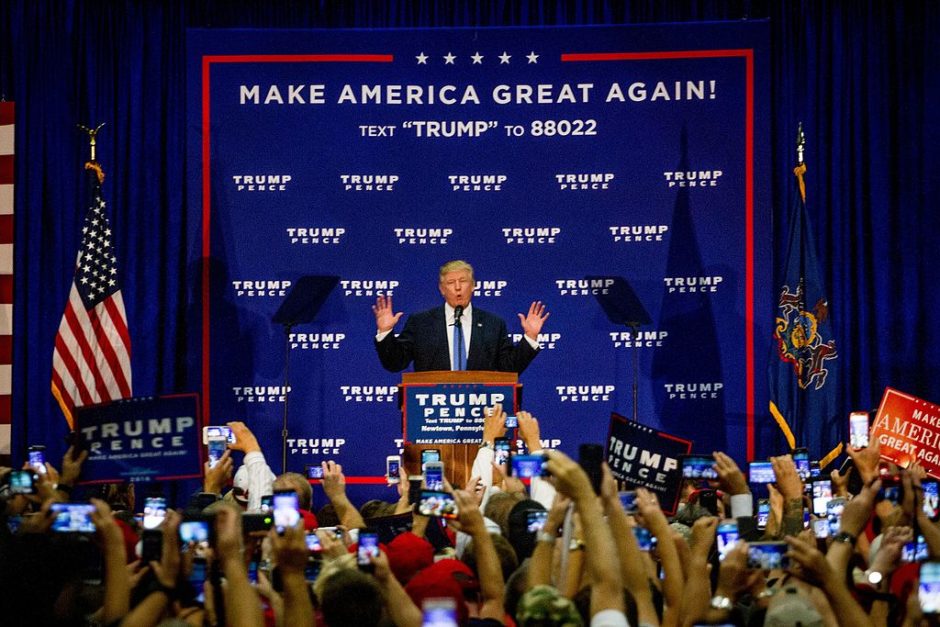Several days before the bombastic and unpredictable Donald Trump was elected the 45th president of the United States, soundly defeating the overly confident front-runner Hillary Clinton, I had a sinking feeling he would beat the odds and prevail.
Trump, a real estate mogul and a former reality TV show host, is manifestly one of the least qualified candidates in American history to win the presidency. Unlike his predecessors, he has never held political office, nor has he served in the armed forces.
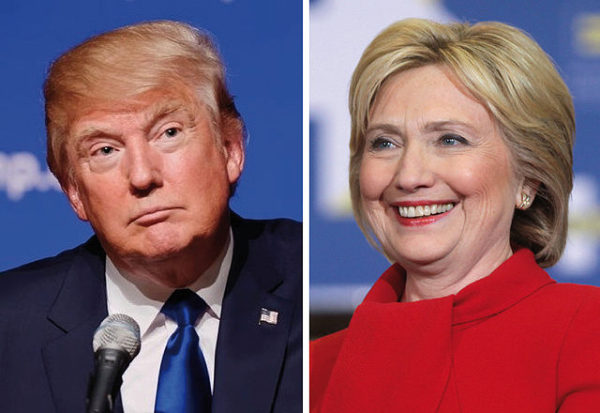
Given his utter lack of experience, his volatile temperament, his inappropriate behavior and his misogynistic comments that have been wrongly underestimated as simply “locker room talk,” he should have been disqualified as a serious presidential aspirant long ago.
Trump, in fact, was grossly underestimated by pundits and the country’s elites. But that didn’t deter him because there has never been a candidate like Trump in modern times.
He’s an odd creature — a billionaire who lives in the lap of gold-plated luxury in a three-storey penthouse in mid-town Manhattan, yet who claims to represent the aspirations and interests of the disaffected members of the working class who were left in the lurch by globalization. As he famously roared, “I love the poorly educated!”
That may be the key to his unexpected triumph over Clinton, the former First lady, U.S. senator and secretary of state. She possessed superb credentials but her character flaws — a penchant for secrecy, a tendency to dissimulate and an inability to separate her private and professional lives — undermined her credibility.
Cocky and disdainful of his opponents, Trump was never at a loss for words. He railed against the status quo, denounced the business-as-usual conventions and assumptions of Washington, D.C and Wall Street, and called for wholesale change after eight years of Democratic Party rule by the republic’s first African-American president, Barack Obama.
In winning the Republican nomination, he eviscerated more than a dozen competitors, some of whom were competent and well-connected. But in reaching the top of the greasy pole, he refused to abide by the norms of mainstream politics and thereby debased political discourse. He was the ultimate disrupter, a fierce adversary of political correctness.
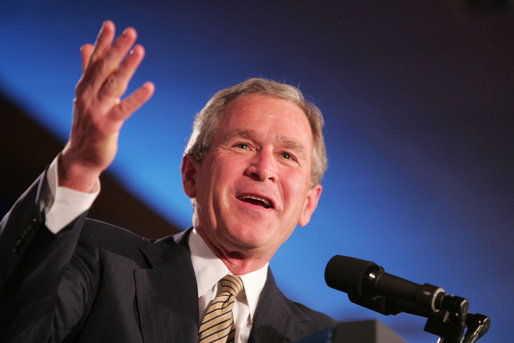
As a result of his tactics, he angered and alienated power brokers in the Republican Party. Stalwarts like George W. Bush and Mitt Romney were horrified by this interloper, making it abundantly clear he was not one of them.
Trump, who financed his campaign, fought Clinton ferociously, painting her in lurid colors as a tool of the Establishment and a surrogate of the Obama administration. He convinced the silent majority — blue collar workers and middle-class whites, particularly in rural areas — that Clinton did not feel their pain and anguish, could not identify with their hopes and dreams and was incapable of improving their prospects.
Casting himself as a populist, a man of the people, he promised to be their “voice” in the nation’s capital. But in pandering to their seething resentments and fears in doom-laden harangues, he harkened back to the ethnocentric campaigns of the Know-Nothings and America Firsters.
Although he’s a rank amateur in the realm of foreign affairs, Trump assumed the mantle of a seasoned analyst. Having claimed the United States had sunk into a “death spiral” that only he could arrest, he pledged to “make America great again.” It was a slogan that resonated with patriotic Americans who exulted in chanting “USA, USA.”
Trump was all over the map vis-a-vis foreign policy. He pointedly questioned the U.S. commitment to NATO allies, sang the praises of Russian President Vladimir Putin and promised to destroy Islamic State and upgrade Washington’s strategic relationship with Israel.
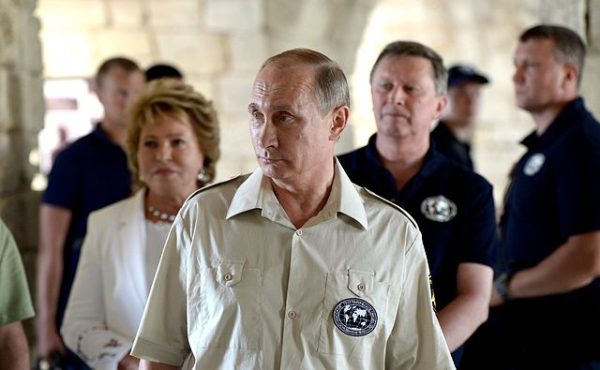
Portraying himself as a consummate deal maker, he pledged to revamp or disengage from international trade agreements that have shorn the United States of millions of manufacturing jobs and created legions of unemployed men and women in its rust belt.
A foe of “socialized” medicine, he singled out the increasingly costly Affordable Health Care Act — Obamacare — for opprobrium and pledged to replace it with something better, thereby serving notice that he intended to dismantle one of the pillars of Obama’s legacy.
He lashed out at immigration laws that have enabled illegals to jump the queue and remain in the country with impunity. He cast aspersions on Mexican migrants and promised to build a wall along the Mexican border. He maligned Muslims and demonized Syrian refugees clamouring to enter the United States as “Trojan horses” who could threaten public safety.
In Nixonian mode, he presented himself as Mr. Law and Order, assuring voters he would clean up crime-ridden neighborhoods. He lavished praise on the police, who’ve been accused of being trigger happy after fatally shooting a string of African American men, and assured gun owners he would protect their rights under the Second Amendment.
Despite his crude and insulting sexist comments regarding women, Trump attracted huge and adoring crowds at his rallies and urged supporters to ignore opinion polls that showed him trailing behind Clinton. In this spirit, he lambasted the media, which did not take him seriously enough, insisted the “system” was “rigged” in Clinton’s favor, and insinuated he might reject the outcome of the election if he lost.
As he barnstormed around the country in his private jet emblazoned with the word TRUMP, he let loose outrageous allegations, launched personal insults, tapped into xenophobic nationalism, trafficked in falsehoods, exaggerations and lies and lent his name to incendiary conspiracy theories and racist invective. He even urged Russia to tap into Clinton’s emails.
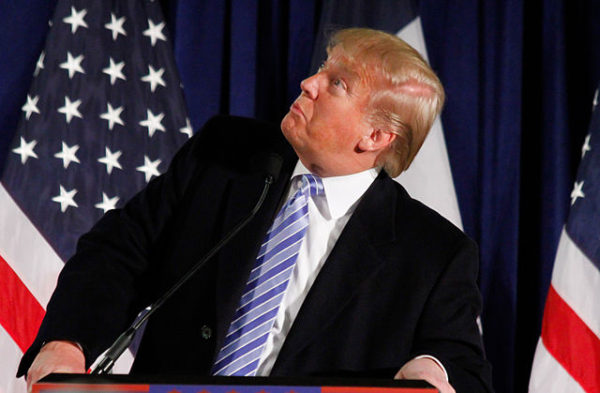
During the course of this bitterly divisive and polarizing campaign, Trump disheartened Jewish supporters by displaying a puzzling reluctance to distance himself from David Duke, a former Ku Klux Klan leader. Trump, whose son-in-law Jared Kushner is Jewish, finally disavowed Duke, but Trump’s insensitivity did not go unnoticed.
Compounding his mistake, he tweeted an image, posted on an antisemitic message board, of a Star of David atop U.S. dollar bills. And most egregiously, he invoked classic anti-Jewish tropes in a menacing speech in which he charged that a “global power structure” had stripped the United States of its wealth to line the pockets of political and corporate interests.
Despite his glaring indiscretions and faux pas, Trump managed to turn the tables on Clinton and glided to victory, thereby becoming the most improbable president in the annals of the United States.
